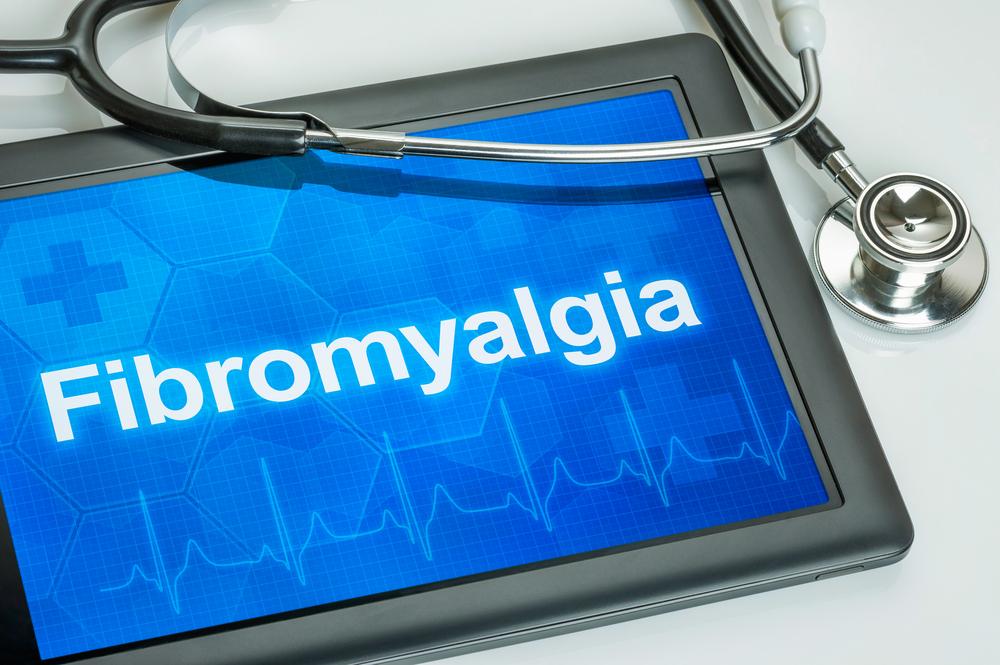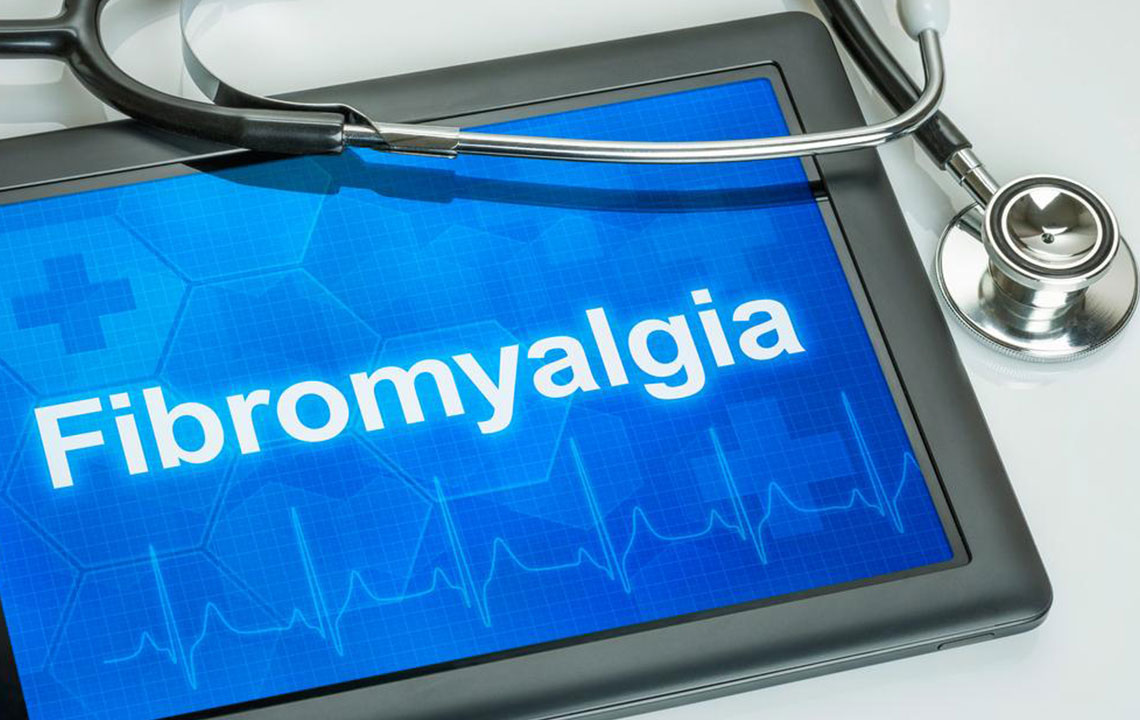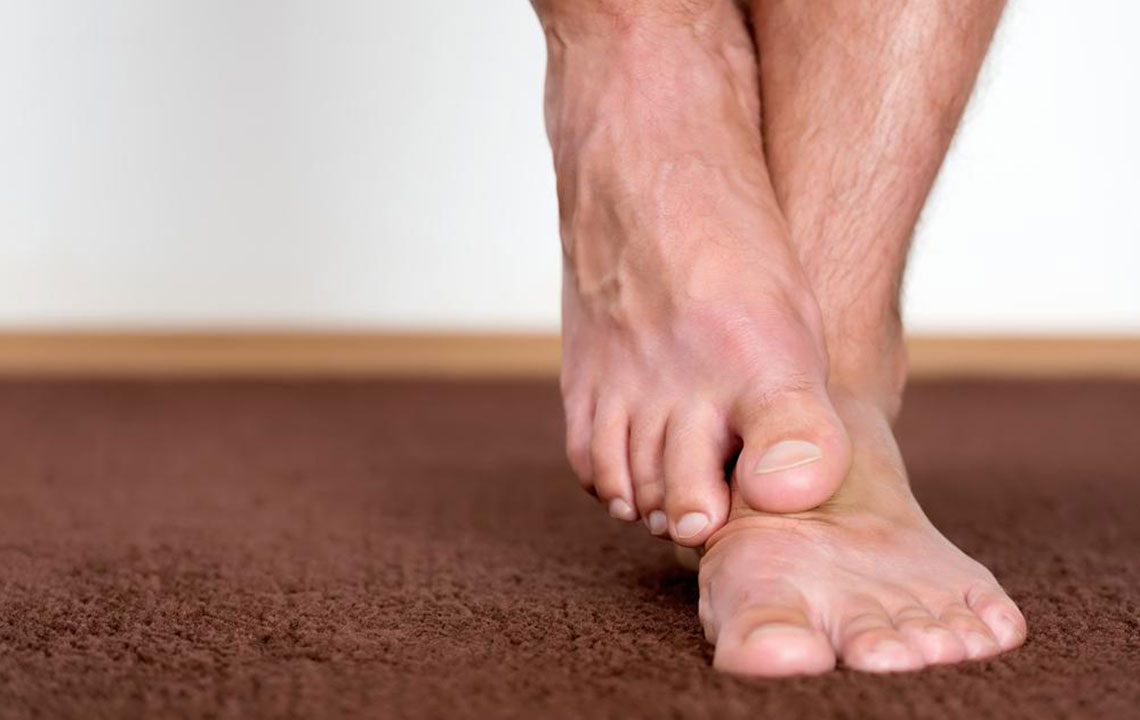Top Non-Conventional Strategies for Managing Fibromyalgia Effectively
Explore effective unconventional treatments for fibromyalgia, including meditation, yoga, acupuncture, and manual lymph drainage. These therapies complement traditional medications, helping to reduce pain, improve mood, and enhance overall quality of life. Consult healthcare professionals for personalized advice and treatment options to manage fibromyalgia better.

Top Non-Conventional Strategies for Managing Fibromyalgia Effectively
Fibromyalgia presents as chronic musculoskeletal pain paired with exhaustion, sleep disturbances, mood swings, and memory problems. The condition can be intensely painful, often accompanied by cognitive disturbances such as difficulty concentrating and focus issues. While standard medical treatments—including pain relievers, antidepressants, and seizure medications—are common, many patients find additional complementary therapies beneficial.
Research on alternative therapies for fibromyalgia is ongoing, but recent advancements show promising results. Many of these approaches have gained popularity for their effectiveness in alleviating symptoms and improving quality of life.
While conventional treatments like prescription medications are often used to manage fibromyalgia, they may not always provide complete relief. Combining these with alternative therapies can enhance symptom management. Below are some widely recommended non-pharmacological options that have helped many individuals cope better with fibromyalgia.
Mindfulness Meditation
Practicing mindfulness meditation is highly recommended to promote relaxation and reduce stress. Regular meditation sessions can influence brain function positively, helping to lessen fibromyalgia pain and improve emotional well-being. It offers a holistic approach to soothing the mind and body.
Yoga
Yoga is effective in decreasing stress, cortisol levels, and pain associated with fibromyalgia. Engaging in 75-minute classes twice a week over two months has shown notable benefits, especially for women experiencing persistent discomfort.
Manual Lymphatic Drainage
This specialized massage therapy encourages lymph fluid flow, aiding in toxin removal and reducing fatigue, anxiety, and pain. It significantly enhances daily functioning and well-being.
Acupuncture
An ancient Chinese healing method involving thin needles inserted at specific points, acupuncture can significantly alleviate stiffness and pain linked to fibromyalgia.
Tai Chi
This gentle Chinese martial art involves slow, flowing movements that improve flexibility, reduce pain, and lower symptoms of depression, anxiety, and sleep disturbances. Consistent practice over 4–6 months can lead to meaningful improvements.
Note:
The information provided here is for informational purposes only and should not replace professional medical advice. Always consult licensed healthcare practitioners for proper diagnosis and treatment. Use discretion while considering these therapies and do not rely solely on the content for medical decisions.










